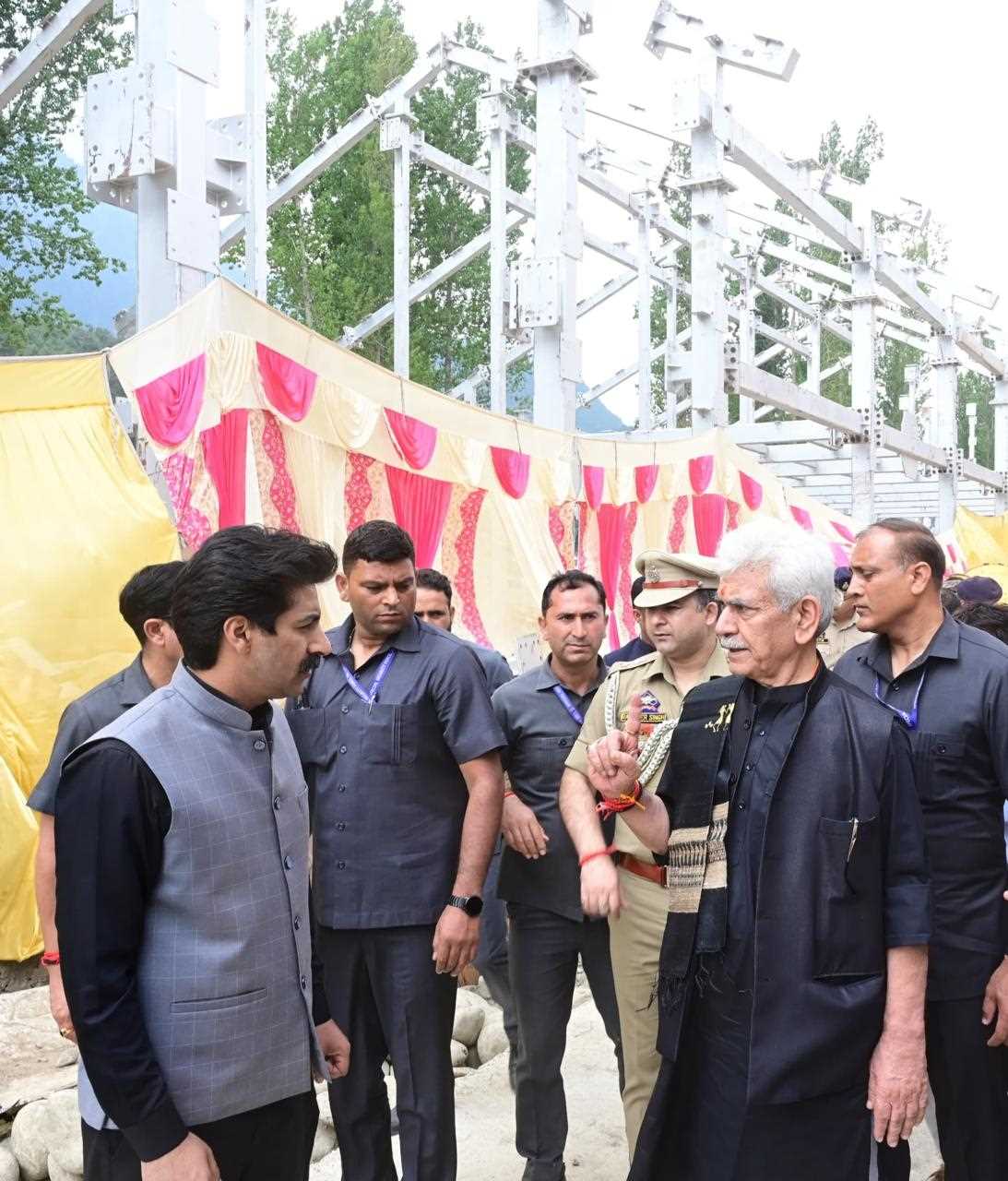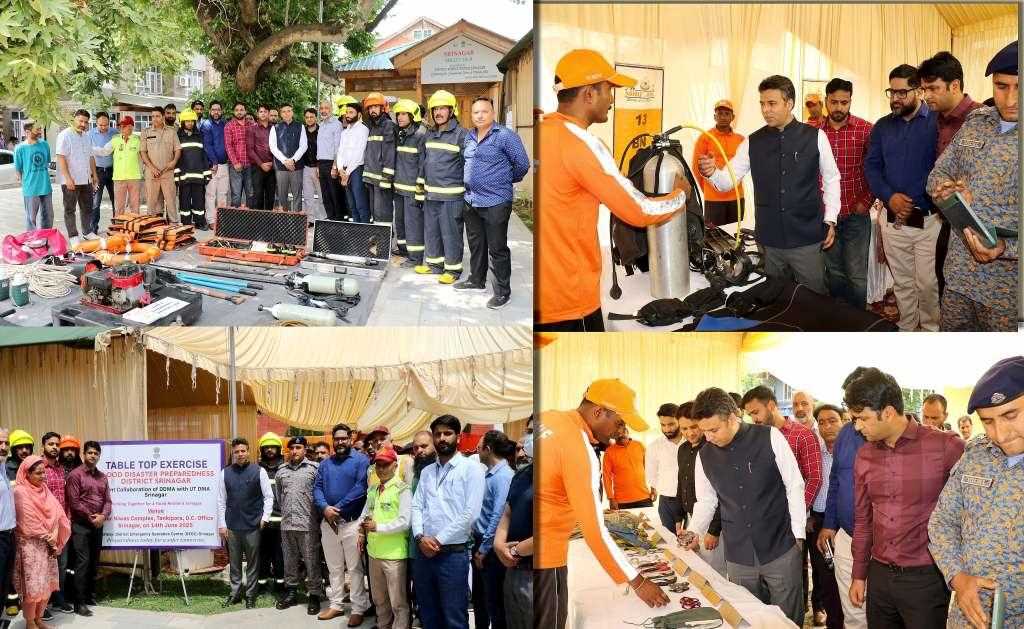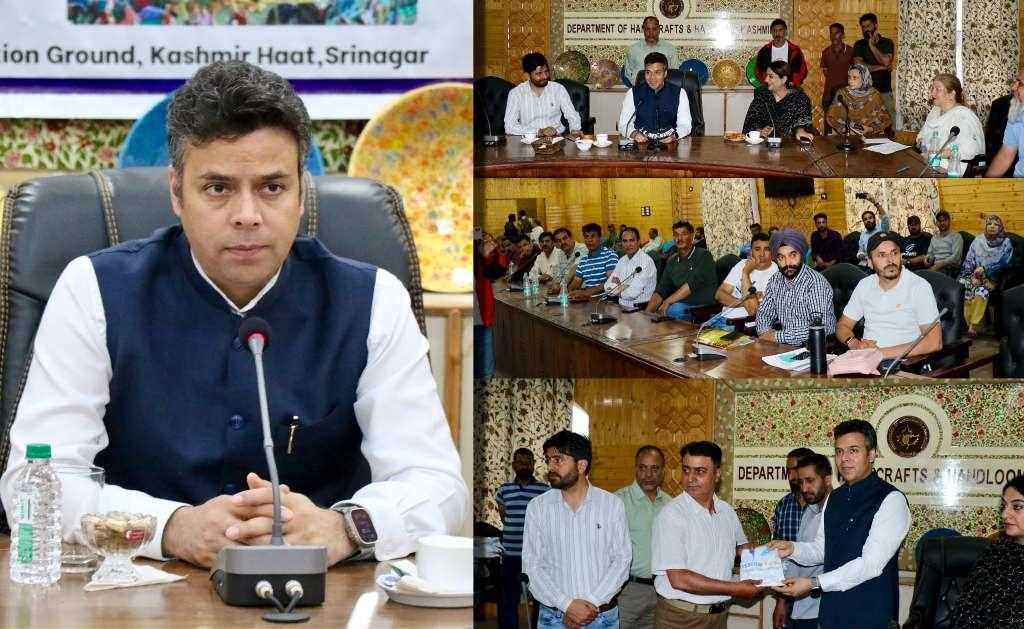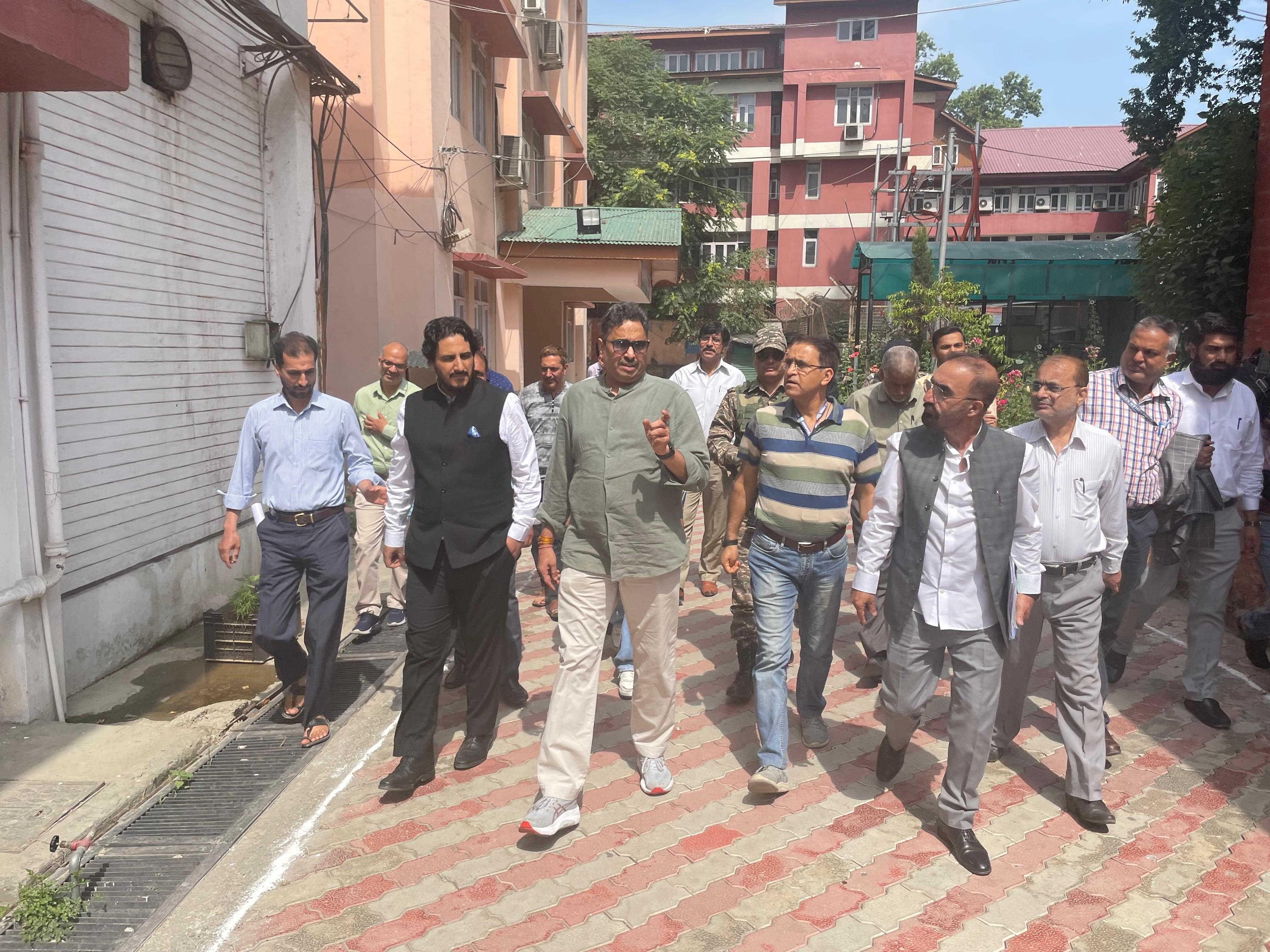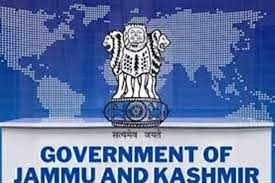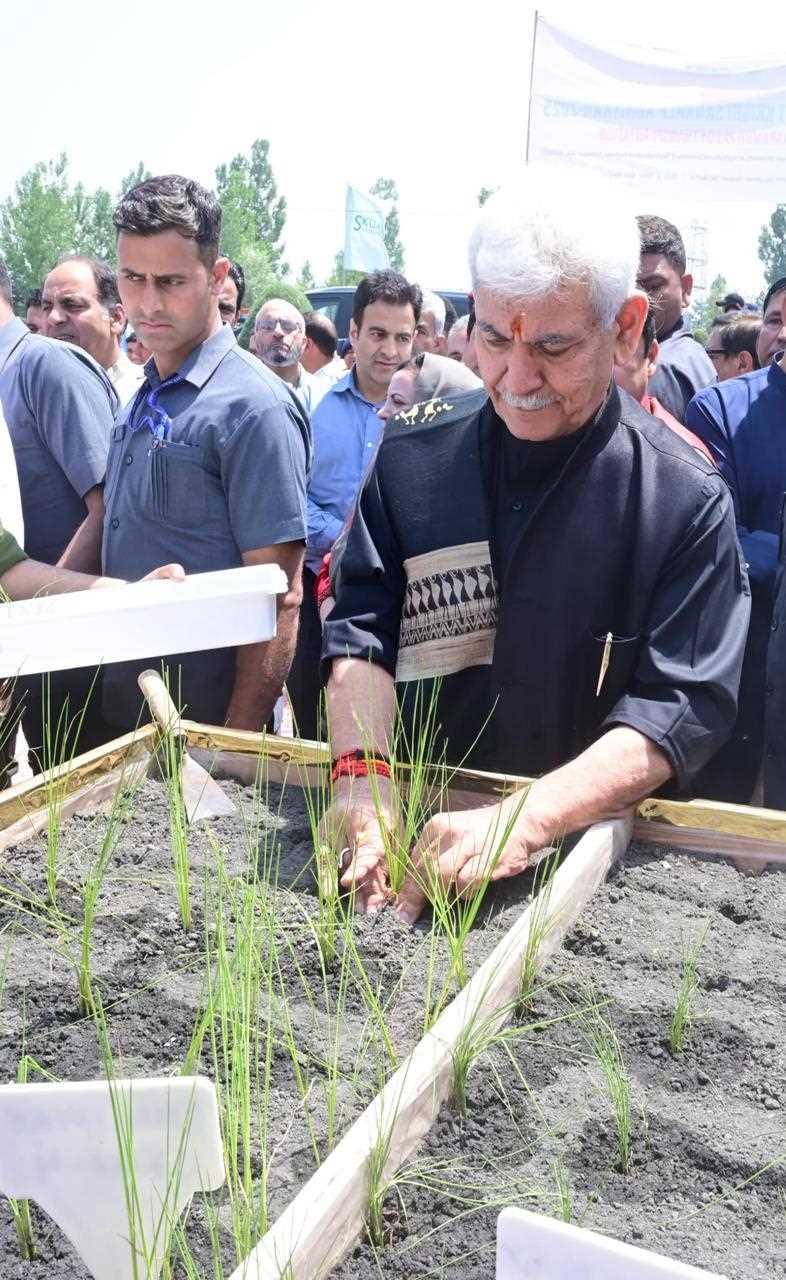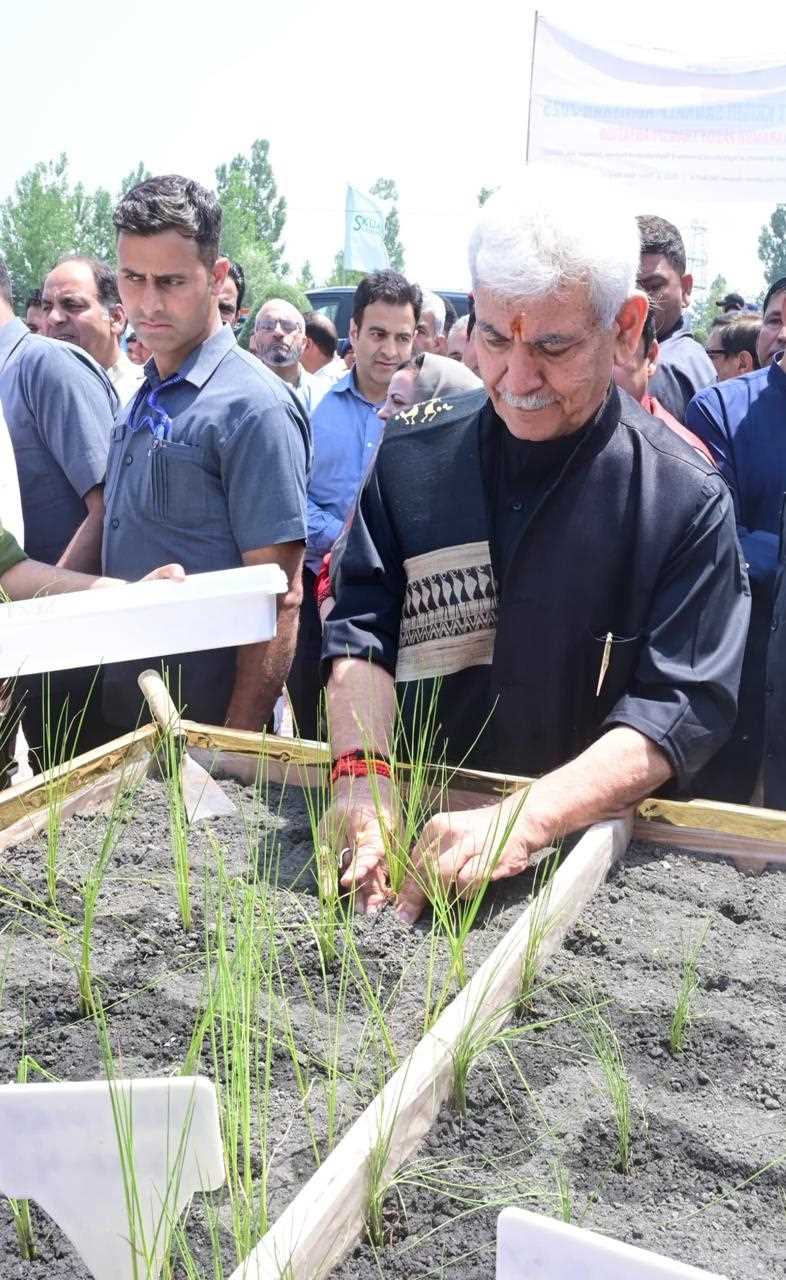In the shadow of societal turmoil lie the silent victims, often unseen and unheard – the children affected by tumultuous dynamics of adultery and domestic violence within their families. As we delve into this sensitive topic, it becomes imperative to shed light on the profound and lasting repercussions such circumstances have on innocent minds of children. While the focus often gravitates towards the immediate parties involved, the collateral damage inflicted upon children remains a poignant reminder of the gravity of such situations.
Adultery within a family unit shatters the very foundation of trust and security upon which children rely for their emotional well-being. When a parent engages in extramarital affairs, it not only undermines the integrity of marital bond but also disrupts the sense of stability within the household. Children, who are often more perceptive than given credit for, bear witness to the emotional turmoil and discord between their parents, leaving them vulnerable to a myriad of psychological and emotional challenges. The repercussions of adultery on children extend far beyond the confines of the household, infiltrating various aspects of their lives including academic performance, social interactions, and overall mental health. Studies have shown that children exposed to parental infidelity are more likely to experience feelings of betrayal, abandonment, and low self-esteem. The betrayal of trust by a parent can instill a sense of scepticism and cynicism towards relationships, hindering their ability to form healthy attachment in the future. Moreover, the strain caused by marital infidelity often leads to increased conflict and tension within the household, creating an environment fraught with uncertainty and insecurity. Children may find themselves caught in the crossfire of parental disputes, forced to navigate the emotional minefield with little guidance or support. As a result, they may internalize feelings of guilt or responsibility for their parents’ actions, further exacerbating their emotional distress. Similarly, Children exposed to domestic violence are at an increased risk of experiencing a range of adverse outcomes, including poor academic performance, behavioural problems, and mental health issues such as anxiety, depression, and post-traumatic stress disorder (PTSD). The trauma inflicted by witnessing violence between parents can have lasting repercussions on a child’s cognitive and emotional development, impairing their ability to form healthy relationships and regulate their own emotions. The normalization of violence within the family unit can perpetuate a cycle of abuse, as children may internalize the belief that such behaviour is acceptable or inevitable. Without intervention and support, they may be more likely to perpetuate patterns of violence in their own relationships as adults, perpetuating the cycle for future generations. In many cases, adultery and domestic violence are intertwined, with one often serving as a precursor or catalyst for the other. Adultery can be a source of conflict within the marital relationship, leading to heightened tension and, in some cases, acts of violence. Regardless of the sequence of events, the impact on children remains profound and enduring. They are forced to navigate the treacherous waters of familiar discord, grappling with emotions and experiences far beyond their years. The scars left by such trauma may not always be visible, but they run deep, shaping the trajectory of a child’s life in ways that may not become apparent until years later.
As we confront the harsh realities of adultery and domestic violence within our society, it is imperative that we recognize and address the profound impact such circumstances have on the most vulnerable members of our community – the children. We cannot afford to turn a blind eye to their suffering or dismiss it as collateral damage in the battles waged between adults. Instead, we must prioritize their safety, well-being, and emotional recovery, offering them the support and resources they need to heal and thrive. The time to act is now, for the sake of the silent victims who deserve nothing less than our utmost compassion and protection.
Email:--------------------------aamiryousf2@gmail.com


